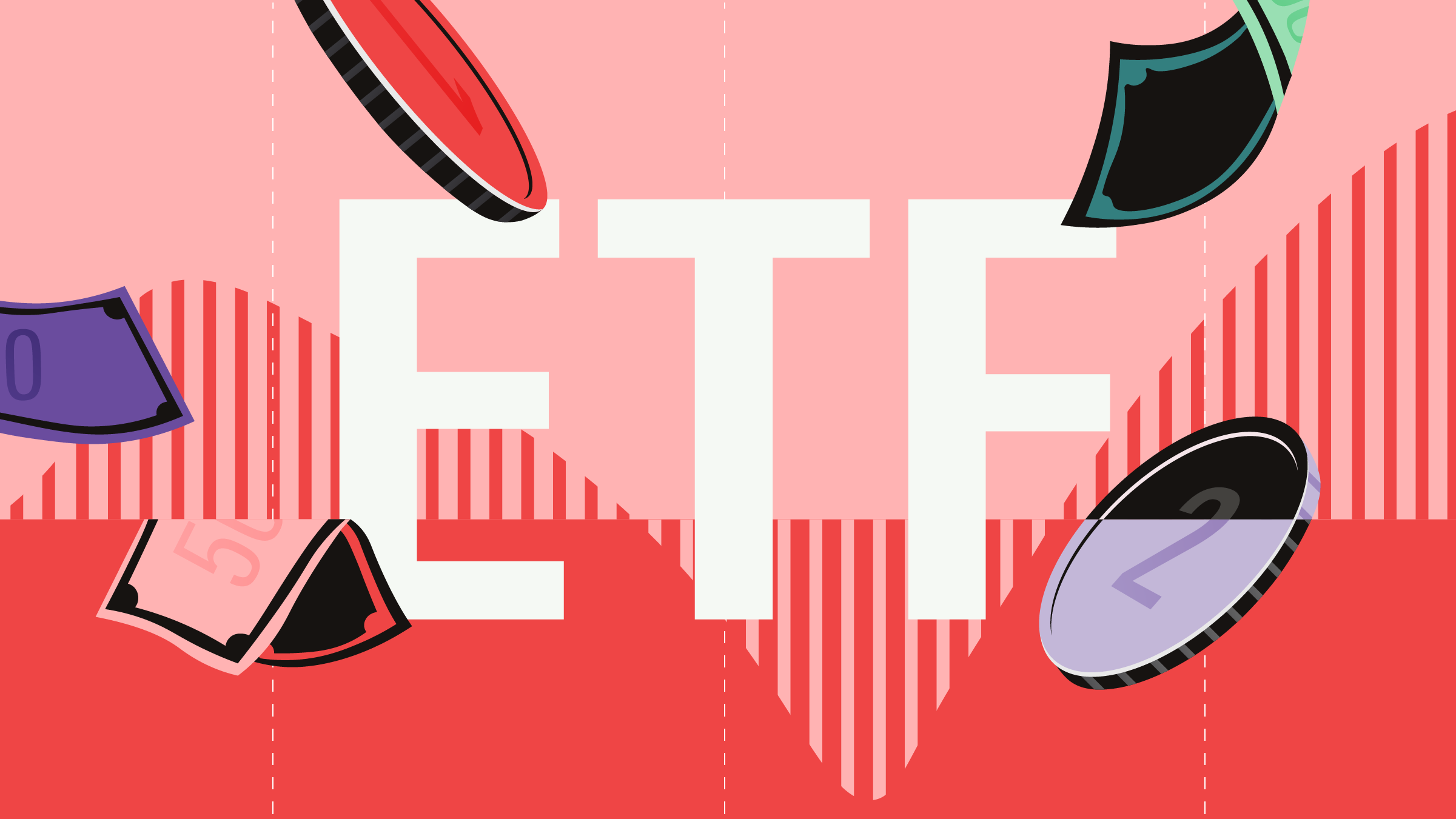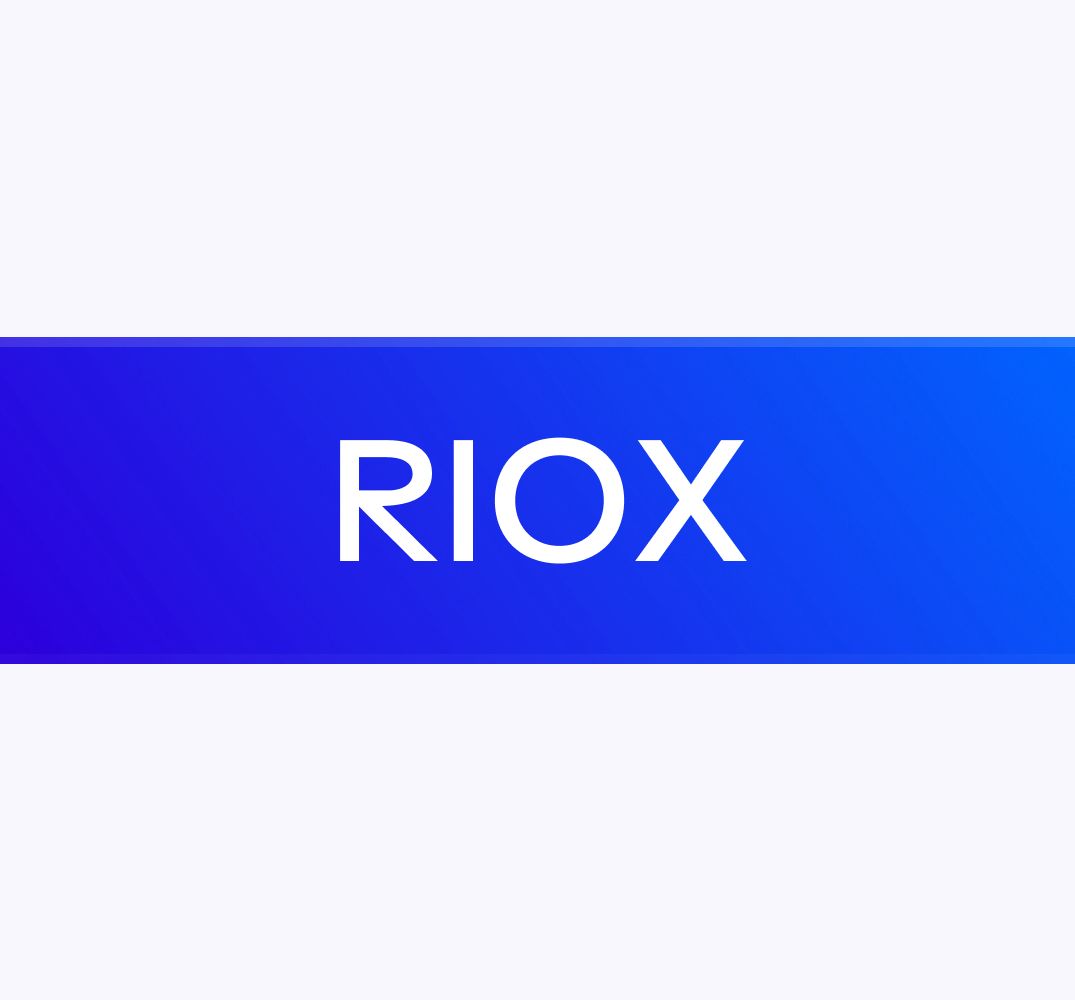Exchange-traded funds, or ETFs, are often low-cost instruments for investors to track popular indexes or leverage experienced manager choices in an attempt to beat the market. The best ones serve as building blocks for a portfolio, and unlike open-end mutual funds, all ETFs are traded throughout the day on an exchange.
In 2024, the worst performers included Invesco Solar Energy ISUN and VanEck Rare Earth and Strategic Metals REMX. Data in this article is sourced from Morningstar Direct.
To read about the best-performing ETFs, check out our other story.
Screening for the Worst-Performing ETFs
To find the year’s worst-performing ETFs, we screened those in Morningstar’s equity, allocation, or fixed-income categories that are available in the UK. We excluded exchange-traded notes, known as ETNs, and ETFs with less than $25 million (£20.0 million) in total assets. We also excluded funds that fall into Morningstar’s “trading” categories, as these funds are designed for active traders and are not suitable for long-term investors.
Among the worst-performing ETFs, five were from the Brazil equity category, where funds fell 30.06% in 2024.
The 10 Worst-Performing ETFs for 2024
1. Invesco Solar Energy UCITS ETF ISUN
2. VanEck Rare Earth and Strategic Metals UCITS ETF REMX
3. iShares MSCI Brazil UCITS ETF USD (Dist) IBZL
4. iShares MSCI Brazil UCITS ETF (DE) 4BRZ
5. Amundi MSCI Brazil UCITS ETF RIO
6. Xtrackers MSCI Brazil UCITS ETF XMBD
7. Xtrackers MSCI EM Latin America ESG Swap UCITS ETF XMLA
8. Franklin FTSE Brazil UCITS ETF FLXB
9. iShares MSCI EM Latin America UCITS ETF DLTM
10. Amundi Index Solutions – Amundi MSCI Em Latin America ALAT
Worst-Performing ETFs Available in the UK
Source: Morningstar Direct.
Metrics for the Worst-Performing ETFs
Invesco Solar Energy UCITS ETF
• Morningstar Rating: ★
• Expense Ratio: 0.69%
• Morningstar Category: Equity Alternative Energy
The worst-performing ETF in 2024 was the £33 million Invesco Solar Energy, which lost 35.99%. The passively managed Invesco ETF fell further than the average 10.94% loss on funds in the equity alternative energy category in 2024. Over the past three years, Invesco Solar Energy fell 22.24%, placing it in the 98th percentile within its category and falling further than the 10.01% loss on the average fund.
Invesco Solar Energy takes environmental, social, and governance criteria into consideration. This fund has a Morningstar Medalist Rating of Neutral.
VanEck Rare Earth and Strategic Metals UCITS ETF
• Morningstar Rating: ★
• Expense Ratio: 0.59%
• Morningstar Category: Equity Precious Metals
With a 33.96% loss, the £67 million VanEck Rare Earth and Strategic Metals was the second-worst performing ETF on our list for 2024. The passively managed VanEck ETF underperformed the average 13.83% gain on funds in the equity precious metals category. Over the past three years, VanEck Rare Earth and Strategic Metals lost 26.81%, placing it in the 100th percentile within its category and underperforming the 1.74% return on the average fund.
VanEck Rare Earth and Strategic Metals has a Negative Morningstar Medalist Rating, meaning that our analysts expect it to be one of the worst performers within its category and think it is unlikely to deliver positive returns after fees.
iShares MSCI Brazil UCITS ETF USD (Dist)
• Morningstar Rating: ★★★
• Expense Ratio: 0.74%
• Morningstar Category: Brazil Equity
The third-worst performing ETF in 2024 was the £183 million iShares MSCI Brazil, which fell 30.19%. The iShares ETF, which is passively managed, performed roughly in line with the average 30.06% loss on funds in the Brazil equity category. Over the past three years, the ETF rose 3.18% to place in the 28th percentile within its category, outperforming the category’s average loss of 0.13%.
iShares MSCI Brazil has a Morningstar Medalist Rating of Bronze. It was launched in November 2005.
iShares MSCI Brazil UCITS ETF (DE)
• Morningstar Rating: ★★★★
• Expense Ratio: 0.27%
• Morningstar Category: Brazil Equity
The £1.6 billion iShares MSCI Brazil was the fourth-worst performing ETF in 2024, with a loss of 29.19%. The passively managed iShares ETF performed roughly in line with the average 30.06% loss on funds in the Brazil equity category. Over the past three years, the ETF gained 4.18% to land in the 6th percentile within its category, outperforming the category’s average one-year loss of 0.13%.
The Bronze-rated iShares MSCI Brazil was launched in October 2018.
Amundi MSCI Brazil UCITS ETF
• Morningstar Rating: ★★★
• Expense Ratio: 0.65%
• Morningstar Category: Brazil Equity
Fifth-worst was the £124 million Amundi MSCI Brazil, which lost 28.98% in 2024. The passively managed Amundi ETF declined less than the average 30.06% decline on funds in the Brazil equity category. Over the past three years, Amundi MSCI Brazil rose 4.20%, finishing in the 12th percentile within its category. It outperformed the category’s average loss of 0.13%.
Amundi MSCI Brazil has a Morningstar Medalist Rating of Bronze. It was launched in March 2019.
Xtrackers MSCI Brazil UCITS ETF
• Morningstar Rating: ★★★★
• Expense Ratio: 0.25%
• Morningstar Category: Brazil Equity
The sixth-worst performing ETF in 2024 was the £48 million Xtrackers MSCI Brazil, which lost 28.81%. The passively managed Xtrackers ETF fell less than the average 30.06% loss on funds in the Brazil equity category. Over the past three years, Xtrackers MSCI Brazil rose 4.09%, placing it in the 23rd percentile within its category and outperforming the 0.13% loss on the average fund.
Xtrackers MSCI Brazil has a Morningstar Medalist Rating of Bronze. It was launched in June 2007.
Xtrackers MSCI EM Latin America ESG Swap UCITS ETF
• Morningstar Rating: ★★
• Expense Ratio: 0.40%
• Morningstar Category: Latin America Equity
With a 27.82% loss, the £38 million Xtrackers MSCI EM Latin America ESG Swap was the seventh-worst performing ETF on our list for 2024. The passively managed Xtrackers ETF fell further than the average 25.92% loss on funds in the Latin America equity category. Over the past three years, Xtrackers MSCI EM Latin America ESG Swap lost 0.02%, placing it in the 77th percentile within its category and underperforming the 1.69% return on the average fund.
Xtrackers MSCI EM Latin America ESG Swap, launched in June 2007, has a Morningstar Medalist Rating of Bronze.
Franklin FTSE Brazil UCITS ETF
• Morningstar Rating: ★★★★
• Expense Ratio: 0.19%
• Morningstar Category: Brazil Equity
The eighth-worst performing ETF in 2024 was the £23 million Franklin FTSE Brazil, which fell 26.33%. The Franklin Templeton ETF, which is passively managed, edged out the average 30.06% loss on funds in the Brazil equity category. Over the past three years, the ETF rose 4.88% to place in the 1st percentile within its category, outperforming the average one-year loss of 0.13%.
Franklin FTSE Brazil, launched in June 2019, has a Morningstar Medalist Rating of Bronze.
iShares MSCI EM Latin America UCITS ETF
• Morningstar Rating: ★★★★
• Expense Ratio: 0.21%
• Morningstar Category: Latin America Equity
The £237 million iShares MSCI EM Latin America was the ninth-worst performing ETF in 2024, with a decline of 26.06%. The passively managed iShares ETF performed roughly in line with the average 25.92% loss on funds in the Latin America equity category. Over the past three years, the ETF gained 4.32% to land in the 22nd percentile, outperforming the category’s average return of 1.69%.
iShares MSCI EM Latin America has a Morningstar Medalist Rating of Gold. It was launched in October 2007.
Amundi MSCI Em Latin America
• Morningstar Rating: ★★★★
• Expense Ratio: 0.20%
• Morningstar Category: Latin America Equity
Tenth-worst was the £157 million Amundi MSCI Em Latin America, which lost 25.18% in 2024. The passively managed Amundi ETF performed roughly in line with the average 25.92% loss on funds in the Latin America equity category for the . Over the past three years, Amundi MSCI Em Latin America rose 4.57%, finishing the 12-month period in the 18th percentile within the Latin America equity category. It outperformed the category’s average one-year return of 1.69%.
The Bronze-rated Amundi MSCI Em Latin America was launched in March 2018.
What Are ETFs?
Exchange-traded funds are investments that trade throughout the day on stock exchanges, much like individual stocks. They differ from traditional mutual funds—known as open-end funds—which can only be bought or sold at a single price each day. Historically, ETFs have tracked indexes, but in recent years, more ETFs have been actively managed. ETFs cover a range of asset classes, including stocks, bonds, commodities, and most recently cryptocurrency.
ETFs: More Ideas to Consider
Investors who would like to find more ETF investment ideas can do the following:
• Read the latest articles on ETFs.
• Use the ETF screener to find the best ETFs according to your specific criteria. You can search for funds based on their fees, Morningstar Medalist Ratings, manager tenures, and more.
• Compare funds and ETFs side by side and easily follow their valuations, ratings, and fees.
This article was compiled by Bella Albrecht, edited by Lauren Solberg, and reviewed by Sunniva Kolostyak.
This article was generated with the help of automation and reviewed by Morningstar editors. Learn more about Morningstar’s use of automation.
The author or authors do not own shares in any securities mentioned in this article. Find out about Morningstar’s editorial policies.




